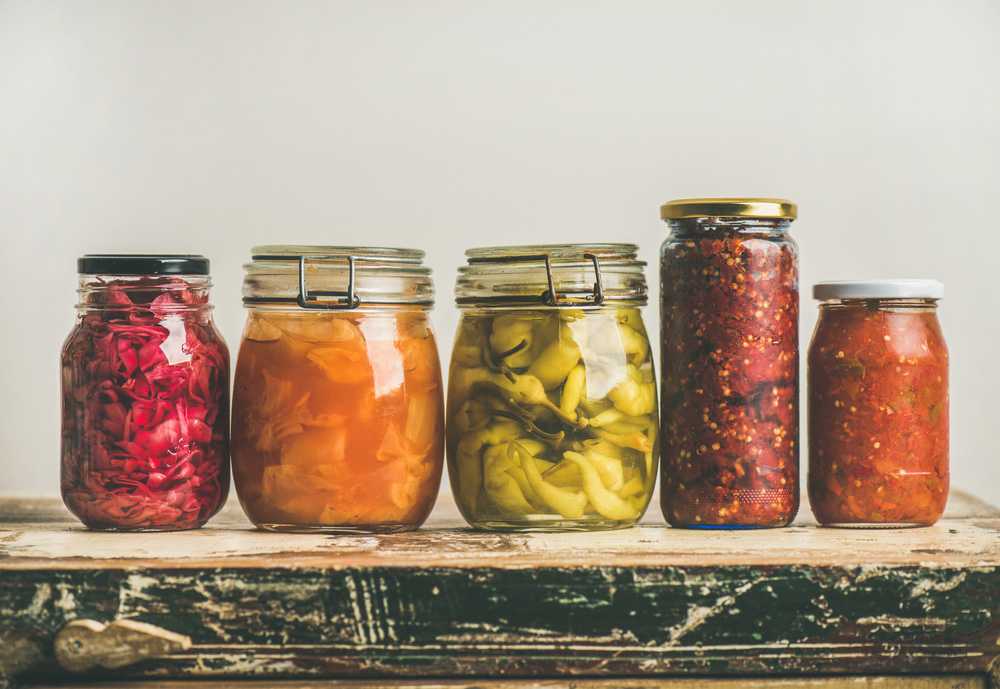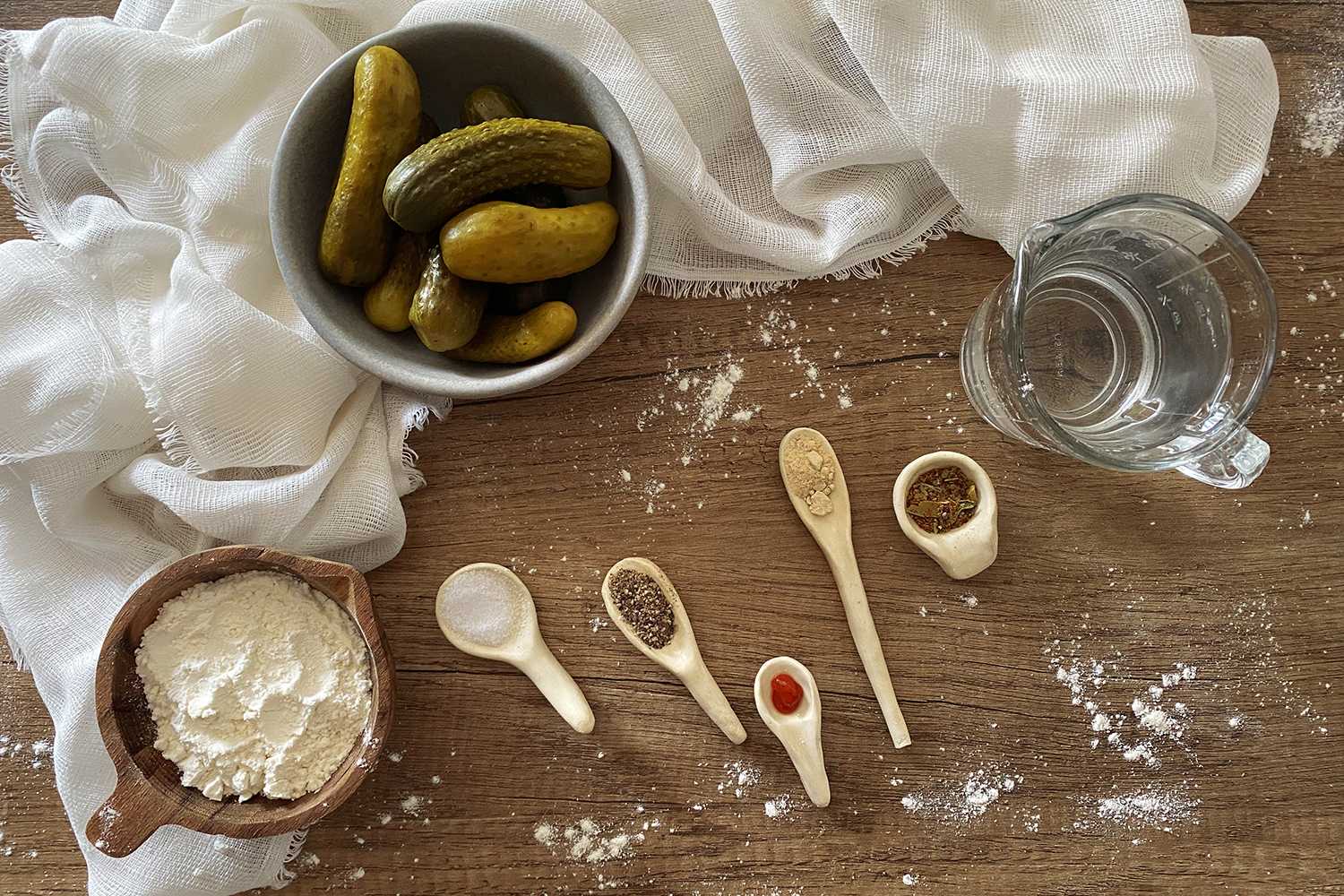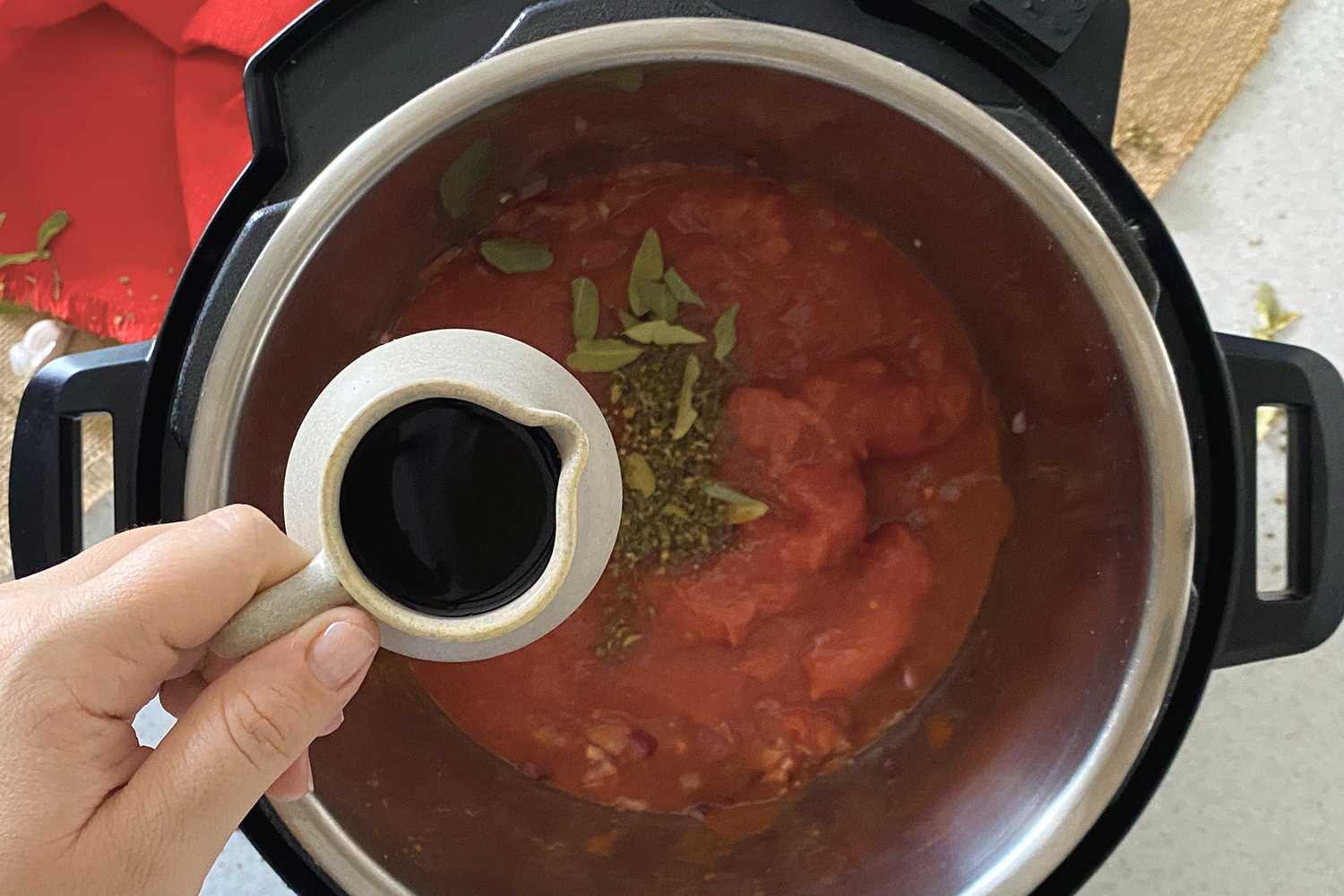Also called botulinum intoxication, botulism is an illness that is caused by botulinum toxin produced by bacteria. It thrives in low-oxygen conditions, which means it can grow in sealed cans too. The toxin can attack the body in three ways: digestive tract colonization (in both infants and adults), through food, and with interaction with a wound.

You may already know that however. You are no doubt reading this to find out of pressure cooking kills botulism.
Top summarize the entire article I will say this:
Botulism can be killed with exposure to heat 250 degrees or higher. If heat doesn't quite get to 250 degrees then prolonged exposure must happen to kill botulism. In the case of pressure cookers operating at full 15 PSI at sea level the temperature inside can reach 250 degrees before water turns to steam. This will kill botulism but most people live above sea level and most pressure cookers only peak at 15 psi meaning their operating pressure is lower. To be safe you should always assume that lengthy pressure cooking will be needed to kill the botulism toxin.
Please take the time however to read on. Killing botulism is not the same as killing bacteria that can cause food poisoning. This question requires a more complicated answer.
But first let me show you this video explaining how you can avoid the botulinum toxin when canning.

Table of Contents
Can the Botulinum Toxin be Destroyed by Heat Alone?
Pressure cooking has been in existence for more than a 100 years; however, it became popular within households only during the 20th century. The first set of pressure cookers weren't the safest to use, which is why there were several reports of the cooker lid smashing itself against the ceiling when at work. Modern pressure cookers, fortunately, come with several built-in safety mechanisms.
Pressure cooking entails processing food at high temperatures, which is quite high when compared to conventional cooking methods that entail slow fire. Pressure cookers decrease cooking time, thanks to the high air pressure environment within the pot. In a pressure cooker, the water's boiling point is increased. This means food can be cooked at a marginally increased temperature sans losing water. Water loss during cooking results in the food becoming dry, over-cooked, etc. When there's no water loss at higher temperatures, food can be cooked more quickly.

Does Pressure Cooking Destroy Foods Nutrient Composition Too?
Pressure cooking has always been accused of robbing the food of its nutrients due to the high pressure and high temperature environment within the cooker. However, several studies have stated pressure cooking is the best cooking technique as far as preventing food nutrient loss is concerned.
Since pressure cookers cook food faster, the likeliness of the nutrients being preserved is higher. Basically, it isn't the temperature but the cooking period that matters. Also, since the water consumption is less within a cooker, nutrients are likely to stay intact. In a pressure cooker, there's less water interacting with the food.
How to Use a Pressure Cooker to Kill Botulism
Boiling water doesn't kill botulinum toxin unlike several other bacteria. This means regular cooking is unlikely to kill the botulism toxin. But it should die at some temperature and pressure cooking manages to reach that boiling temperature.
The botulinum toxin makes spores that enable the bacteria to withstand pragmatic environmental scenarios. In fact, these spores can battle through cold temperature and boiling water with relative ease. But this does not mean the toxin cannot be axed to death. It can certainly be killed and there are various ways to do that. Administering antibodies or antitoxin drugs, and hospitalization are some of the methods. Sodium and bleach can also kill the bacteria. However, splashing these chemicals onto food to kill the bacteria is not practical.

Heating the spores beyond a certain temperature (120 degree Celsius) can kill them. Usually, these are temperatures you find inside an at-work pressure cooker or autoclave (heated container). However, a pressure cooker works at different temperatures, based on the food item being cooked. For instance, wet foods are usually pressure-cooked at a maximum of 100 degree Celsius. Based on altitude, a pressure cooker can reach temperatures even up to 121 degree Celsius. Also, boiling for 10 minutes straight can kill the toxin.
Botulism Spores Can Only Be Killed In Lengthy Canning Processes
So does pressure cooking kill botulism? The aforementioned points make it clear that botulism-causing toxin can certainly be killed, but the task won't be as easy as killing other forms of bacteria. As far as seeking pressure cooker assistance to kill the bacteria goes, it's vital the hot pot's internal temperature is pushed to the maximum. It's not possible to set a pressure cooker at the highest temperature at all times. Therefore, the ability of a pressure cooker to kill botulism depends on the cooking method and primary food item.
If you want to ensure your food is safe then take a look at these small pressure canners, which are designed to be able to successfully perform a lengthy canning process which is necessary to destroy botulism.
I canned green beans but by mistake only processed them for 10 minutes at 10 lbs pressure. Will they be safe to eat? Should I reprocess them for a longer time?
There’s no real need to heat anything above 170 degrees F as the toxin itself is denatured rapidly at these temps. Yes you can kill the spores at higher temps which is very useful for canning things with pHs in the basic zone, but the spores are often nothing to worry about when food is either acidic or is not going into storage. Take a look at honey. You can’t feed it to infants or those with weakened immune systems because of the botulinum spores in it, however it’s regarded as completely safe to the rest of us. I love pressure cooking tho.
Hi, Nice Blog
Some details about botulism: 1) the spores are an "initial form" of the bacteria, they're in many places including our food. On adecuate conditions they'll generate bacteria that later will produce the toxin.
2) Toxin can be destroy at boiling temperatures. The thing is we don't know when some food is contaminated or not to boil the food.
3) Spores Survive boiling temperatures, so you need higher ones, and here the pressure cooker is essential. So the pressure cooker is to kill spores.
I spent a great deal of time to locate something like this recipe. Thanks Corrie!!
Thanks for your feedback.Happy to help you.